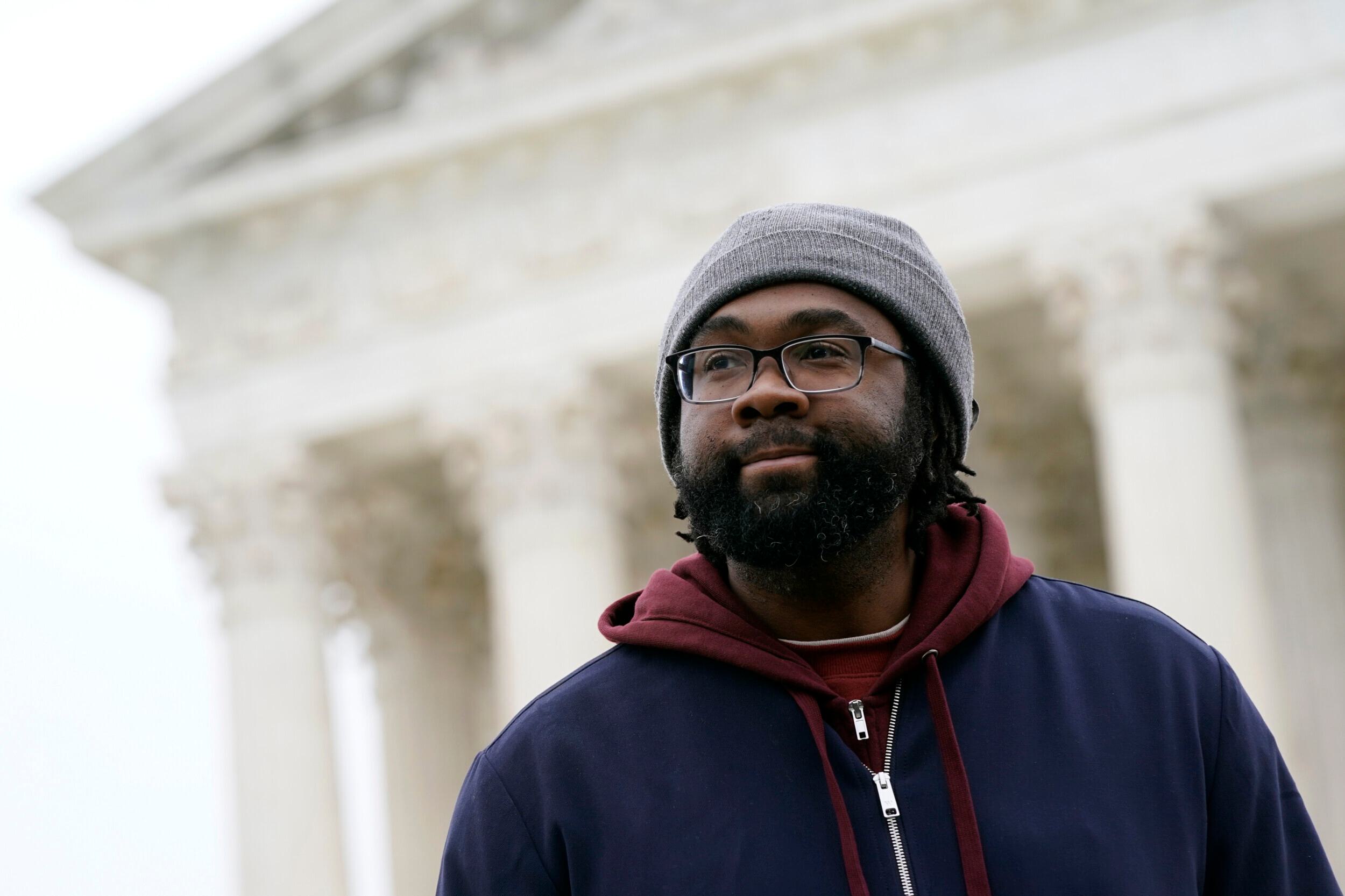Plaintiffs in the redistricting lawsuit against Alabama disagree on which type of congressional map a federal court should force the state to adopt for the 2024 elections if the map passed by Republicans last week in a special session is thrown out.
A three-judge panel in federal district court in January 2022 found Alabama's congressional map passed in 2021 likely unconstitutional and said a "remedial plan will need to include two districts in which Black voters either comprise a voting-age majority or something quite close to it." The U.S. Supreme Court affirmed the judges' opinion on appeal by the State of Alabama in June.
Evan Milligan, the lead plaintiff represented by left-wing activist groups in the lawsuit that went to the Supreme Court, and State Sen. Bobby Singleton (D-Greensboro), a plaintiff in a separate lawsuit against the State of Alabama over its congressional map, disagree about which type of map should replace the new congressional plan passed in a special session by Republicans last week. The federal court currently has consolidated the two lawsuits together.
A federal court hearing with a three-judge panel to decide whether the map passed by Republicans last week will stand for the 2024 election is set for August 14 at the Hugo L. Black Federal Courthouse in Birmingham.
The Milligan plaintiffs support a map with two majority-minority congressional districts in the second and seventh congressional districts. One of the maps the Singleton plaintiffs support would have zero majority-minority congressional districts but would have one district, including an almost whole Jefferson County, and one district with all of the Black Belt included.
Abha Khanna, an attorney for the Milligan plaintiffs, asked in a filing on Monday for the court to confirm that the Singleton plaintiffs won't be part of the upcoming proceedings over Alabama's map for the 2024 elections.
"The only issue currently before the Court in the remedial proceedings is adoption of a remedy to effectuate the preliminary injunction finding a likely VRA violation—a claim brought only by the Milligan and Caster Plaintiffs and not at issue in the Singleton case," Khanna said. "Because remedial proceedings before this Court are imminent and will move quickly to culminate in a hearing beginning August 14, 2023, the Milligan and Caster Plaintiffs seek clarification as to the status of consolidation and role of the Singleton Plaintiffs for the sake of efficiency and planning for all parties and the Court. For the reasons above, Milligan and Caster Plaintiffs seek confirmation that the Singleton Plaintiffs are not parties to the VRA remedial proceedings outlined in this Court's June 20, 2023 Order."
Henry Quillen, an attorney for the Singleton plaintiffs, said in a response on Thursday, "In reality, the Milligan and Caster Plaintiffs' motion seeks not clarification but preclusion: they ask the Court to prevent the Singleton Plaintiffs—who filed the first challenge to Alabama's congressional districts—from pursuing their claims in a timely manner."
"The Singleton Plaintiffs should be heard because they can demonstrate that race-neutral alternatives can give Black voters equal political opportunity in two congressional districts. During the Legislature's special session, State Senators Bobby Singleton and Rodger Smitherman, who are also Plaintiffs in this action, each submitted a plan that splits counties only to equalize population, and not along racial lines," he added. "Both plans feature one district centered on Jefferson County and another on the Black Belt; in those districts, the candidates preferred by Black voters received more votes than their opponents in almost every election cycle since 2012. Those plans respect traditional redistricting principles, encourage multiracial coalitions, and have relatively compact districts, all without separating voters by race. To implement a remedial plan without considering this information would omit a vital and legally required step in the process. For the foregoing reasons, the Court should clarify that the Singleton Plaintiffs are parties to the upcoming proceedings, or in the alternative, should establish a schedule that permits adjudication of their constitutional claim in time to create a remedy for the 2024 election."
To connect with the author of this story or to comment, email caleb.taylor@1819News.com.
Don't miss out! Subscribe to our newsletter and get our top stories every weekday morning.










